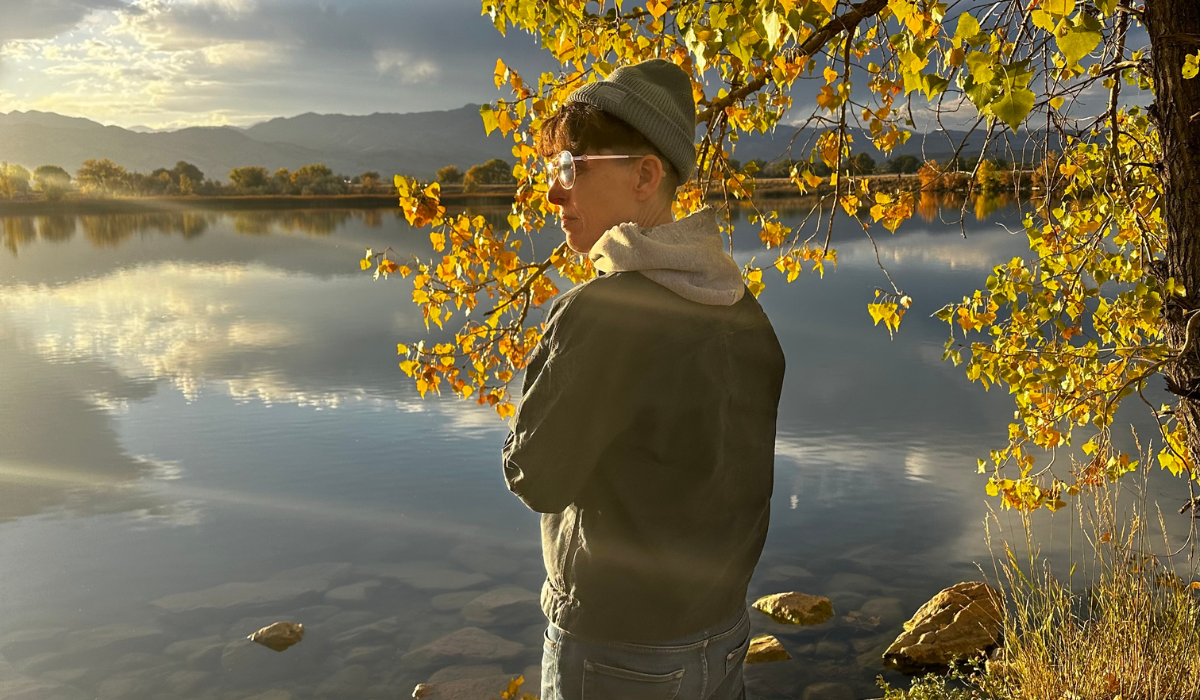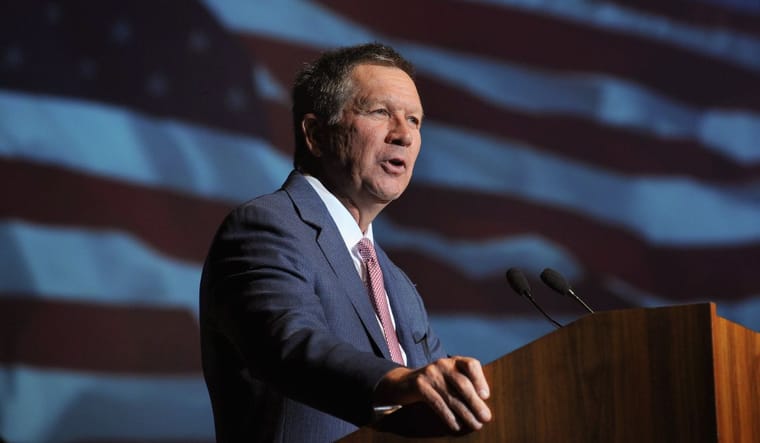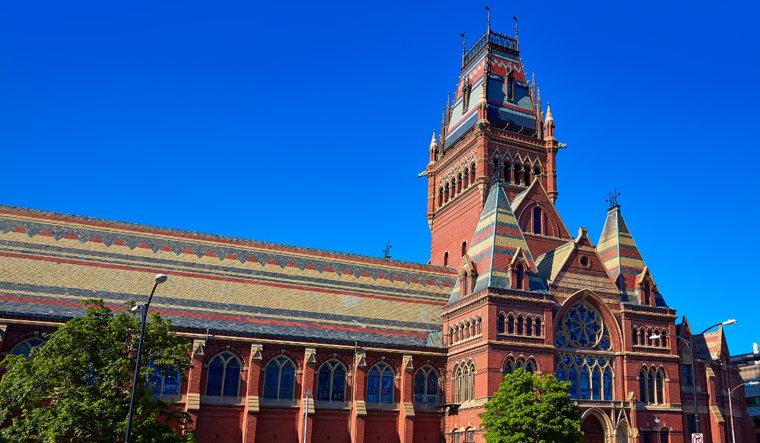Colorado Poet Laureate Andrea Gibson’s Letter To A Friend After the Election
Friend,
I am writing about the text you sent the morning after the election. “What do we do now?” you asked. My first response was to stare blankly at a blank wall for an hour. But I’ve had a week to sit with it, and here’s what I want to share:
Last April, after two years of chemotherapy, when my oncologist told me the cancer was now considered incurable, I felt the expected fear and grief. But something I didn’t tell you was this—I also felt relief. Why relief? Because when I heard the system say, “We can’t save you,” it was the first time since my diagnosis that I felt as if my life was in my hands. Watching the election, I felt something similar: grief, fear. Then this thought—Our lives are in our hands. They always were, but it’s clearer than ever now.
I think I’ve told you about my friend Liza. She was one of the most committed activists I’ve ever known. She built her life like an altar to social justice. She was also a Buddhist. A couple of weeks before her death, when asked how she wanted to be remembered, she said, “Just don’t let anyone say I was the best at anything. It’s so obnoxiously American.” As we look for creative paths forward, I want to beg “the left” to stop tearing each other to shreds over who is The Best at fighting for change. When we allow our egos to do our heart’s work, what needs to get done doesn’t get done. I understand that people are frantic for a clear and direct answer. But it’s so important to choose curiosity over certainty in a moment that asks us to create something entirely new. This is that moment.
I keep asking myself, “What is my job in this moment? What do I specifically have to offer?” It’s empowering to ask those questions because no one’s job will be the same. There were many years of my life that I did not feel I was actively participating in change unless I was in the streets protesting. As my health worsened, I knew that wasn’t where I would be of most service. Creatively explore where you might be most useful. Throw a What’s My Job party and explore the question with your community. Friends may reflect a specific talent or gift they see in you that you haven’t yet recognized.
My friend Oak, (great name, I know) used to say, “If we can’t imagine it, we can’t create it.” Right now I’m putting active energy into imagining what’s possible. What does a compassionate world look like? What would it feel like to wake up every morning to a planet fueled by community and not capitalism?
When I’m glued to my phone doom-scrolling the news, it’s almost impossible for me to creatively imagine, but anytime I’ve got my feet in the grass I open in a new way. Even in a city, you can notice the way your body changes with the seasons. You can mirror the earth’s steady and persistent pace. Save the seeds of an apple. Grow veggies in plant pots in the windowsill of your apartment. Feed a stranger. Drive a neighbor through the sunshine to a doctor’s appointment in another state. Never forget how alone we are not. The moss, the mountains, the redwood tree, the marigold, the mourning dove calling for her love’s return—are our allies. Every natural thing in this world is invested in the peace of this world. All that is good and gracious whispers, “We are with you.”
I keep thinking about something I learned in my early 20’s—the rural poor are more likely to survive a catastrophic world event than the wealthiest billionaires. It's really out of touch to use the word educated to refer solely to college-educated people. Everyone is educated in their own unique way and those of us who had the privilege of attending college are very often the least educated in regards to understanding that we are not just connected to nature, we are nature. To not know that is to be disconnected from our power source.
Two decades ago, I was partnered with a journalist who was reporting on the invasion of Iraq and the occupation of the West Bank in Palestine. What she’d witnessed was horrific, but she was deeply struck by the gratitude of the people in comparison to those of us living in relative safety in the US. Since that time, I have understood that the most grateful people in the world are rarely those who appear to have the most to be grateful for. I hope we each feel a deep responsibility to be grateful for our lives through this time, to wholly cherish every morning we are alive to see the sun. I know the upcoming years will be challenging. But if the upcoming years are also cherished, they will be less challenging.
I understand why so many people are sharing what they think we should be feeling right now. Though there is love at the heart of that demand, there is no such thing as a moral emotion. No one owes the world their misery. What we owe is our active participation in finding creative and compassionate paths forward. Every activist I have ever known who believed they owed the world their unhappiness has burned out. If we consciously fuel our joy, if we put our attention on the world’s beauty, we will have far more strength and stamina to show up to the world’s pain.
We need stamina. The 73 million people who voted for Trump appear to be more energized than ever. And it’s clear to me that the narrative that every Trump voter is “ignorant and hateful” is hurting our movements. 95% of our marginalized friends have at least one family member they deeply trust who voted for Trump this year. Most people, regardless of how they are voting, believe they are voting for a better world. There is a terrifying amount of hate in our country, yes. But there is far more fear. Hate is the end of a conversation. Fear isn’t always. I’ve been on the lookout for moments when an honest and respectful conversation might reach the root of someone else’s fear.
These conversations can surface big emotions. A lot of what we’re navigating right now can, so I’ve been thinking of ways we can come together to build inner resilience. There is so much we can learn from each other in regards to working with difficult emotions to minimize the time we are undone by them. I’ll say it more bluntly—we can’t be chronically destroyed by microaggressions and also be people who can organize around the violent deportation of millions of our community members or any other inhumane cruelty expected. This moment in history isn’t only about rooting in our values, it’s about rooting in our tenacity, courage, and strength.
Here’s to our tenacity, courage, and strength, friend. I know so much feels heavy right now. It is heavy. But never forget that our hearts are community gardens. I think we’ll all start seeing how much we have on our side once we each begin to see how much we have to give.
Love, Andrea 🖤
Originally published November 14, 2024 in “Things That Don’t Suck: One Poet's Quest to Uncover What Shifts When We Shift our Attention.” Subscribe here.
Andrea Gibson, the Poet Laureate of Colorado, is one of the most celebrated and transformative spoken word artists of our time. Their work explores themes of mental health, spirituality, love, LGBTQ+ identity, and social justice, resonating deeply with audiences worldwide. Andrea authors the uplifting newsletter Things That Don’t Suck, a reflection on hope and light amidst life’s challenges. To learn more, visit their website and follow on Instagram and Facebook.
Please note that we may receive affiliate commissions from the sales of linked products.



